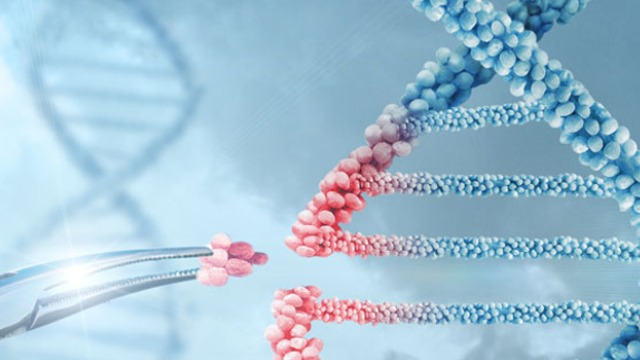Researchers From University Of Western Australia Show That Gene Regulation Is Linked To Energy Production
Source: Thailand Medical News Dec 24, 2019 6 years, 1 month, 7 hours, 27 minutes ago
Genomic and medical researchers at The University of Western Australia, Harry Perkins Institute of Medical Research and Curtin University have made a fundamental discovery about of the regulation of genes in mitochondria, providing a new insight into potential drug targets for diseases that involve energy loss.

The new research, published in
Science Advances, was led by UWA's Professor Dr Aleksandra Filipovska, Head of Mitochondrial Medicine and Biology, in collaboration with Curtin University's Professor Dr Oliver Rackham, Head of Synthetic Biology and Drug Discovery; and UWA's School of Human Sciences Professor Dr Livia Hool, and their Ph.D. students Danielle Rudler and Laetitia Hughes.
The biological 'factories' in cells, Mitochondria, are unique because they are composed of proteins encoded by the chromosomes as well as the mitochondrial DNA inside these double membrane parts of the cell. The two genomes have to work cooperatively to assemble the machines that make energy.
Dr Filipovska said research into how energy production was crucial to the understanding of cell function and would provide a means to treat diseases caused by imbalance or loss of energy such as neurodegenerative and
cardiovascular diseases.
Dr Filipovska told
Thailand Medical News via a phone interview, "The regulation of genes inside mitochondria, which are the powerhouses of the cell, is essential because they produce the building blocks for the molecular machines that produce energy."
Dr Filipovska further elaborated, "We are at the beginning stages of understanding how proteins that are essential for energy production are made. Our recent discovery identifies the fine-tuning mechanisms that coordinate the synthesis and assembly of the energy producing machines in our cells.We identified a new factor that pauses protein synthesis to enable assembly of the energy producing machinery. This is a unique mechanism to regulate protein synthesis in mitochondria."
Dr Filipovska said as well as providing a target for drug treatments of diseases involving energy loss such as cardiovascular diseases, the discovery was made possible by cutting-edge technologies to investigate changes in energy requirements in living systems.
She concluded, "Defects in mitochondrial function cause many common diseases such as neurodegenerative, metabolic and heart diseases, cancer, diabetes and ageing. Therefore fundamental discoveries about how energy is produced empowers us to tailor treatments and develop new drugs."
Reference : Danielle L. Rudler et al. Fidelity of translation initiation is required for coordinated respiratory complex assembly, Science Advances (2019). DOI: 10.1126/sciadv.aay2118
